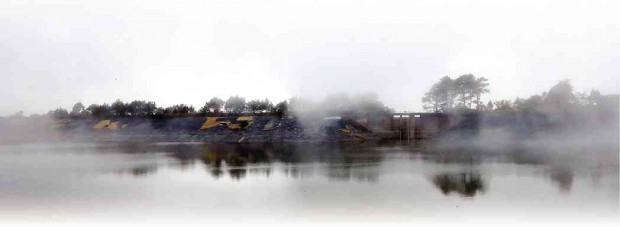Rainwater Collectors - Philippines Report
Published on by Water Network Research, Official research team of The Water Network in Social
Water-challenged Baguio Philippines finds relief in rainwater collectors
Rain won’t go away from the summer capital, at least not in the coming years, with or without El Niño.
It’s because half of the city’s population harvests rain for domestic use, according to a study by the University of the Philippines Baguio.
UP sought to measure the city’s water resiliency since it annually receives the highest amount of rainfall but rations its potable water, said political science professor Alejandro Ciencia, the study’s team leader.
The city’s water distributor, Baguio Water District (BWD), operates 57 deep wells, which are insufficient to supply the 61,727 cubic meters of water required daily by 317,200 consumers.
BWD also operates a rain basin at Mt. Santo Tomas, where water is drawn during the dry season.
No other rain basins are in use, however, because of the steep cost and because areas suitable as rain collection facilities are now densely populated, according to a BWD report.
It said runoff rainwater has not been efficiently seeping into the soil to replenish the city’s aquifer due to high urban growth, adding to the city’s woes. Watersheds are also suffering from human encroachment.
But Baguio households could collect rain, aided by tax incentives and water filtering technology, said Cordelia Lacsamana, city environment officer, who is adopting the UP study to improve the way the city uses its water.
The study said: “If the practice of rainwater harvesting was to be adopted by all or most households in the city and if this was done on a larger scale than just the use of drums, pails and basins, then fewer households would depend on water delivery services for most of their domestic needs.”
The study results, which were presented on Dec. 11 last year, also discussed an unspoken benefit from rain, of which Baguio residents may not have been aware: It’s a resource which government could not possibly tax.
Water, by law, is owned by the state. The only water that the state allows people to have “exclusive control” of is that which is “captured and collected by means of cisterns, tanks or pools,” said the study, citing a section of the water code (Presidential Decree No. 1067).
Source: Inquirer
Read More Related Content On This Topic - Click Here
Media
Taxonomy
- Rainwater Harvesting
- Technology
- Water Management